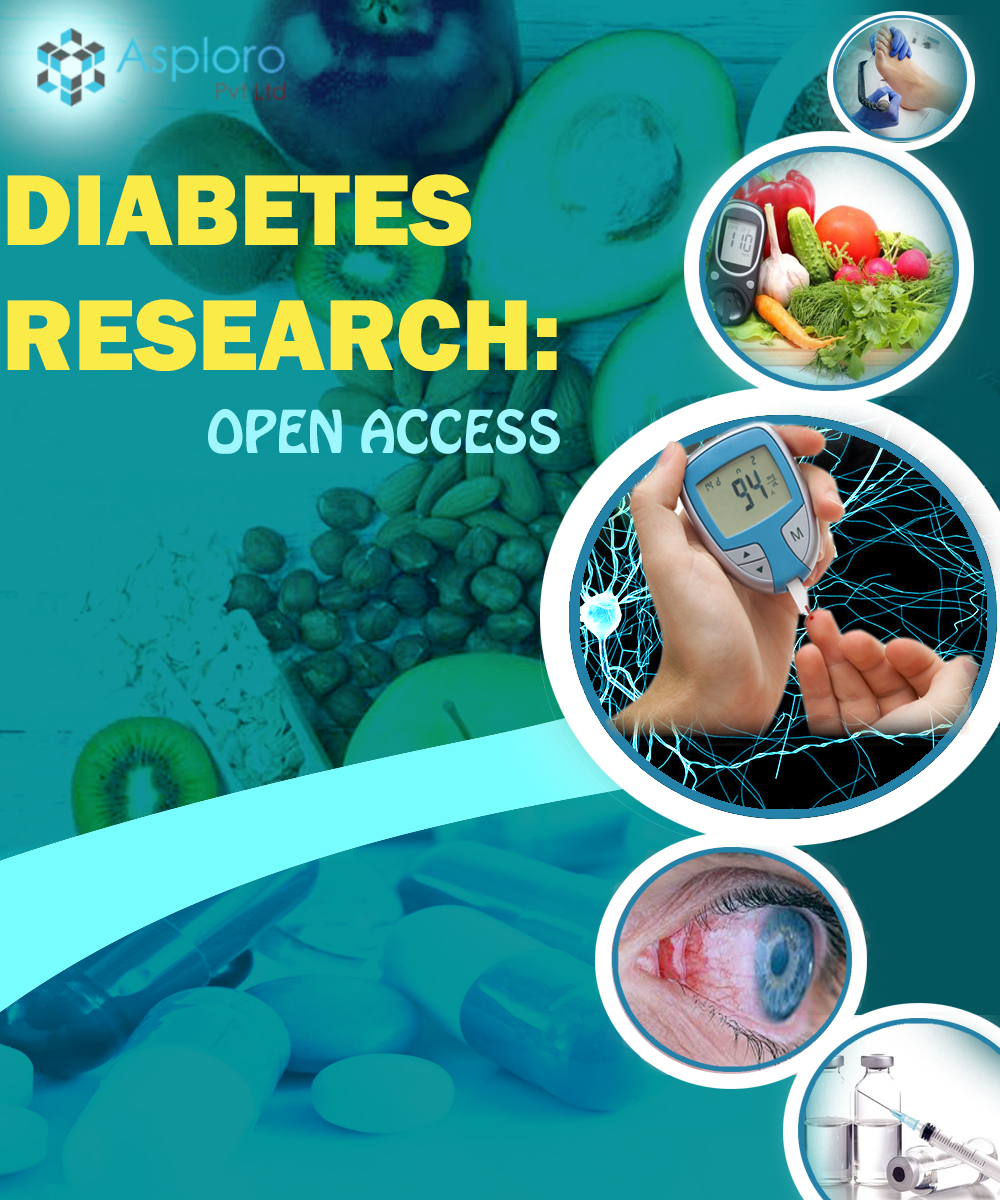From the first moment I discovered I had been diagnosed with DIABETES, I joined a HUGE “club” that has been rapidly expanding since it stopped being a death sentence in the early 20th Century. Currently, there are about HALF A BILLION PEOPLE who have Type 2 Diabetes. For the past 3500 years – dating back to Ancient Egypt – people have suffered from diabetes. Well, I’m one of them now… Not one to shut up for any known reason, I added a section to this blog…
Every month, I’ll be highlighting Diabetes research that is going on RIGHT NOW! Harvested from different websites, journals and podcasts, I’ll translate them into understandable English and share them with you. Today: People Refuse to Take More Metformin, or Refuse to Follow the Prescription…HUH???
Sometimes someone with Type 2 Diabetes can’t get their blood sugars under control with exercise, diet, and the maximum 4-Metformin-pills-a-day prescription. Barring the person who refuses to exercise and change their ANYTHING that they do (a former friend of mine passed away recently because they flat out refused to take care of themselves); doctors sometimes have to add a “second-line” drug to help manage blood sugars. Prescribing insulin; Saxenda or Victoza; Januvia or TreviaMet; or Jardiance is usual depending on the individual’s diabetes peculiarities.
A new Northwestern Medicine study, however, has shown that USING the prescribed what are called second-line drugs that may be important in managing blood sugars, “can be hit or miss”.
Let’s review why it’s important for someone (like ME!) who’s been diagnosed with Type 2 diabetes, to control my blood sugar (or glucose levels).
I’m gonna lift this directly from “Keeping your blood sugar at or near your goal level helps decrease the risk of complications that can affect the eyes, kidneys, and nerves. Keeping your blood pressure and cholesterol levels under control helps reduce your risk of heart disease, which is a common complication of type 2 diabetes. Many factors affect how well a person's diabetes is controlled. You can reduce your risk of complications by following your health care provider's guidance around diet, exercise, blood sugar monitoring, and medication regimens. Dietary changes are typically focused on eating nutritious foods and getting to (and maintaining) a healthy weight. If you take insulin, you may also need to be consistent about what you eat and when…”
But if the FIRST line of exercise, diet, and drugs DOESN’T work – you need a second if you want to continue to live a reasonably healthy life. Apparently some people either have to actually make changes or take more medications. Admittedly, “while the scientists did not have data on reasons why patients discontinued treatment…it may have been due to side effects like nausea, vomiting and diarrhea -- which have been observed in patients who take these medications for diabetes control and for weight loss…”
“The study of more than 82,000 patients between 2014 and 2017 found that after a year of their first set of meds, (FIFTY THOUSAND OF THEM) either discontinued their medication, switched to a different medication class, or intensified their treatment. Stopping your meds is bad. It is common in all five types of medications.”
WHY???? It’s not like people are “alone” in their diagnosis: “In total, half of all adults and a quarter of teenagers have diabetes or pre-diabetes.”
It’s not like we don’t KNOW what ignoring our Type 2 diabetes will do: “…heart attacks, amputations, blindness, kidney disease, double the risk of premature death, “diabetes distress”, “dips in energy, foggy thinking and depression, and a sense of isolation”, and as a matter of history, “Roughly 40% of people who died early in the pandemic had Type 2 diabetes, a rate four times higher than people without the disease.”
So, science KNOWS how to treat it – why do we prefer to IGNORE it?
There ARE, absolutely things in the world around us that drag us into a lifestyle that can lead to Type 2 diabetes – fast food, the “drive everywhere” of American lifestyles, for me it was plain old laziness. “There’s no question personal responsibility plays a role in fighting diabetes…They’ve reduced their dependence on daily medication and hope to have saved themselves the horrors of more amputations, blindness and dialysis. They’ve extended their lives and improved the quality of that time. But like many medical problems, the challenges of diabetes go well beyond individual responsibility and blame…even in Colorado, where hiking trails and gorgeous views abound – economic and other disparities make it easier for some people to avoid diabetes than others.”
Ultimately, it lies with ME to change. Read the USA Today article – it’s long, but it also ends this way: “…he clings to his faith and the positive attitude he has long used to cheer up himself and others. These are his secret weapons against diabetes and everything else life throws his way. ‘I try to put a smile on other people's faces,” he said. “It keeps my day going.’”
Links: https://www.sciencedaily.com/releases/2023/12/231212112312.htm; https://www.uptodate.com/contents/type-2-diabetes-and-diet-beyond-the-basics/print#:~:text=Keeping%20your%20blood%20sugar%20at,complication%20of%20type%202%20diabetes. ; https://www.usatoday.com/story/news/health/2023/10/01/type-2-diabetes-prevention-progress/70768126007/ Image: https://asploro.com/wp-content/uploads/2019/12/Diabetes-Research_Open-Access.jpg

No comments:
Post a Comment